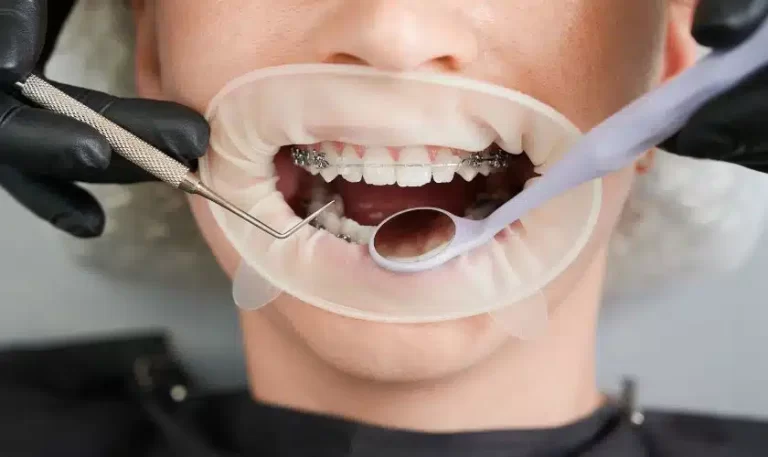Dental Crowns are a broad category as far as dental procedures are concerned. And they are central to family dentistry. In situations, where teeth are cracked, decaying, or require a root canal, a dental crown will help shield them from further deterioration. This guide is a one-stop guide to understanding how dental crowns play a role in family dentistry and the various ways they help to promote the health of our teeth and gums as individuals and as families.
Understanding Dental Crowns
Dental crowns, commonly referred to as caps, are precision-fitted artificial tooth coverings that permanently attach designed to cover and encase a compromised tooth. They effectively recreate the losses in the shape, size, strength, and aesthetic appearance of the tooth besides offering a means of protection against further deterioration. There are different types of dental crowns like porcelain fused to ceramic, metal or ceramics, or a combination of both and metal or ceramic fused to porcelain according to patient requirement.
How Dental Crowns Help Improve Chewing and Speaking?
The primary use of crowns is to be utilized in reconstructive procedures to strengthen and restore the working of a tooth that has been affected by decay or other oral conditions. Damage or decay to teeth may make it painful to chew or speak, or it may influence the stability of the teeth and the way they are aligned.
Dental crowns are a reliable and long-term option for restoring the teeth of patients and bringing them back to an optimal level of treatment, allowing them to eat, speak, and otherwise function normally and without pain.
The Durability and Longevity of Dental Crowns
Dental crowns are long-lasting and may last many times longer than other dental restorations, which makes them an ideal solution if cost is one of the deciding factors. When well-bonded and well-maintained, dental crowns effectively serve their purpose, and the patients have a long lifespan with them, mostly lasting several years.
It is therefore advisable to plan for periodic visits to a family dentist, this can help in early detection and rectification of any potential problems that may lead to premature failure of the dental crowns.
The Preventive Benefits of Dental Crowns
Thus, the functional aspect is served in that tooth functionality is restored by dental crowns, while the preventive aspect is also served in that dental crowns act as a means of strengthening teeth that have been damaged to the point where they require support and protection.
Cases of terrible tooth cracks and additional destruction are higher for teeth that received vital and extensive dental work like endodontics or extensive filling. As we know dental crowns occupy a certain space around a tooth which has a protective value, it helps in maintaining the quality of tooth materials and minimizes the chance of further mishap.
How Dental Crowns Improve Smile Appearance?
Apart from their utilitarian purposes, dental crowns also have much importance in the achievement of the cosmetic value of the person’s smile. They are specifically designed to bond to the surrounding teeth and replicate their color, shape, and dimensions for a natural look. For instance, used to conceal discolored, shaped, or poorly aligned teeth, crowns are a powerful tool that can change an individual’s smile. Thereby enhancing their self-esteem.


Comments are closed.